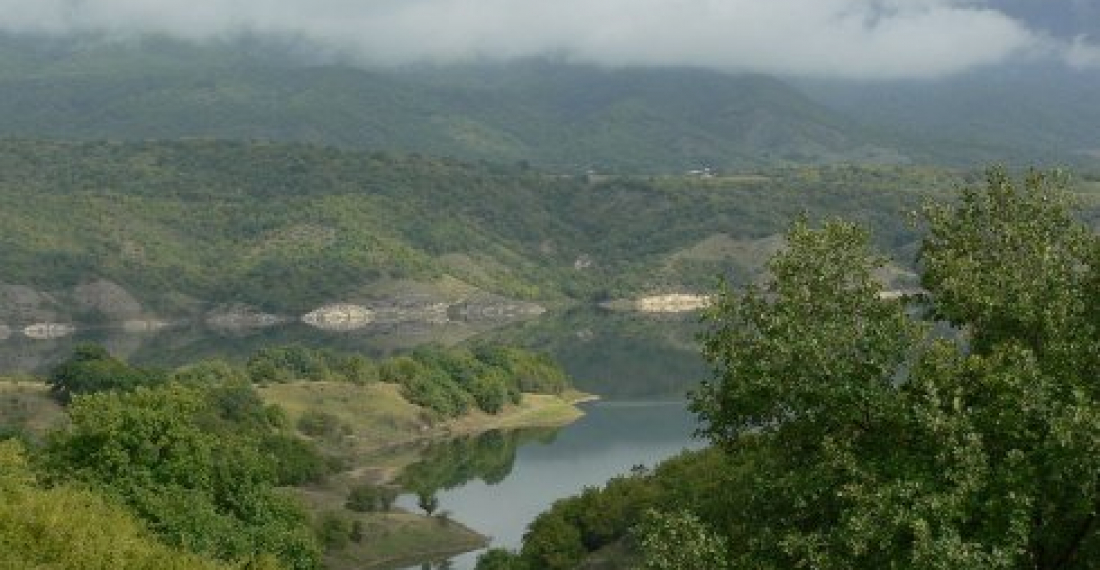The Sarsang Water reservoir, close to Nagorno-Karabakh. will be the focus of discussion at an event being held on Wednesday, 31 May, at the European Parliament in Brussels. The event is an initiative of MEPs Ivo Vajgl from the ALDE Group, Tamas Meszerics from the Greens/EFA Group, and Fabio Castaldo, from the EFDD Group.
During the meeting four experts will present their opinion in a panel discussion - Dr Tracey German, from the department of Defence Studies at Kings' College, London, Marina Nagai from International Alert, Dr Dennis Sammut from LINKS (DAR), and Torsten Ahern from the office of the EU Special Representative for the South Caucasus.
Azerbaijan built the Sarsang Reservoir on the Tartar River in 1976. The area of the reservoir is 14.2 km2 (5.5 sq mi).The overall volume of the reservoir is 575 million m3. The height of the dam at the reservoir is 125 m (410 ft). The Sarsang Hydro Power Plant with capacity of 50 megawatt has been based on the reservoir since its opening.
In November 1992, in the midst of the Nagorno-Karabakh War, the region where the reservoir is situated came under effective Armenian control. The power plant, now operated by Artsakh HEK OJSC, has become the main source of electric energy for the self-declared Nagorno-Karabakh Republic(40-60%). Since coming under Armenian control however, the flow of water has been under question. There are also serious concerns regarding the maintenance of the reservoir.
These issues were raised in a Council of Europe report published in December 2015.
You can read the report by PACE rapporteur Milica Markovic here
On that occasion the Parliamentary Assembly of the Council of Europe also adopted a resolution calling, inter alia, "on all sides concerned to step up their efforts to co-operate closely in the joint management of the resources of the Sarsang water reservoir, as such co-operation can constitute a confidence-building measure necessary for the solution of any conflict".
You can read the full PACE resolution here
This article was edited to clarify that the Sarsang reservoir is in a district close to Nagorno-Karabakh, currently under Armenian control, but not in Nagorno-Karabakh itself.
source; commonspace.eu







